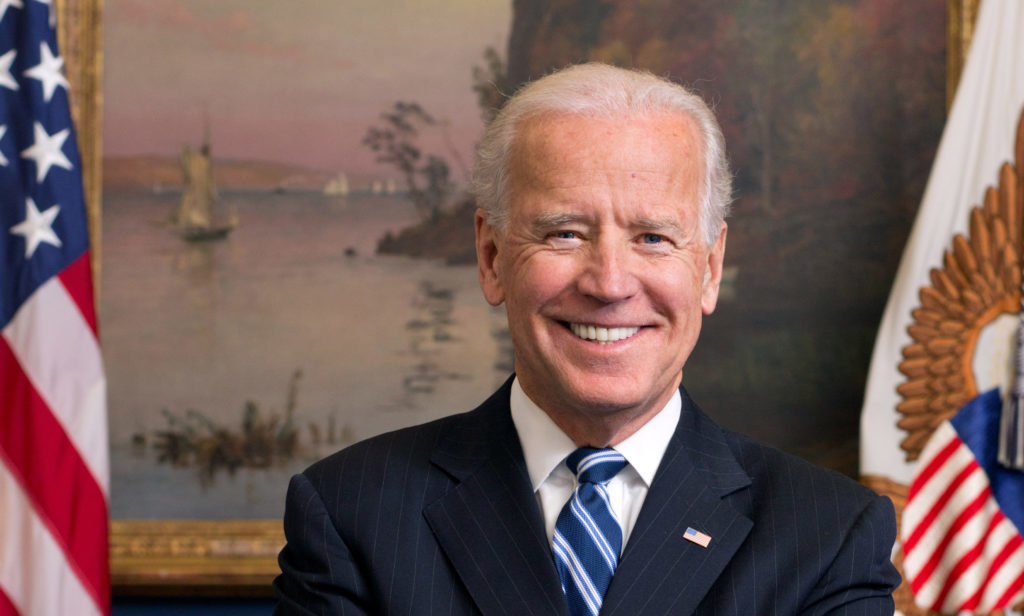Here come Joe Biden’s intel briefings

Even though the election isn’t for almost four months, one of the two candidates running is acting a whole lot more like a president than the other. About two weeks ago, Joe Biden said he might request an intelligence briefing on reports of Russian bounties placed on American soldiers in Afghanistan – an issue the media should refuse to drop when it comes to covering the insanity that is the Donald Trump presidency.
Sure enough, Biden revealed today that he’s been getting intel briefings, a month earlier in the election cycle than when Donald Trump and Hillary Clinton were receiving them back in 2016, and he’s learned that Russia is looking to interfere in the election yet again, doing what they can to undermine confidence in democracy as a system. Considering that Biden previously said in campaign appearances that he would read his daily briefings as president, you could see this as him already making good on a campaign promise.
While most incumbent presidents are able to defend their own record and attack their opponent for being inexperienced and unprepared for the job, for Donald Trump it’s nearly the exact opposite, as he can’t defend the regular negligence we’ve already come to expect from him and we know he barely reads his briefings as it is.
His own effort to paint Biden’s vice presidency as corrupt got him impeached and the attacks he makes on Barack Obama’s presidency don’t fool anyone outside his base. He also tried to portray Biden as being indebted to China, but that’s not likely to work either with Biden taking the initiative to read his briefings and propose the solutions we need when it comes to foreign relations. In his response to the briefing, Biden warned that China and other countries would also be trying to influence the election in Trump’s favor. Should Donald Trump try to keep playing that angle, he’d only further reveal how uninformed and ill-prepared he is for the job.
James Sullivan is the assistant editor of Brain World Magazine and an advocate of science-based policy making
